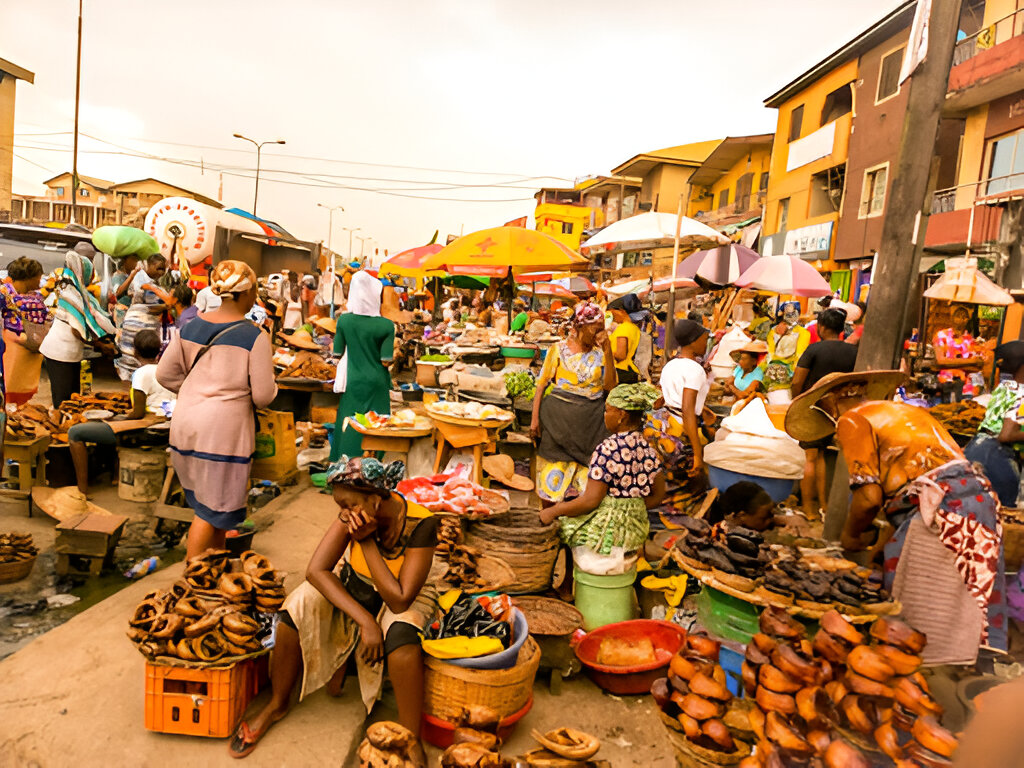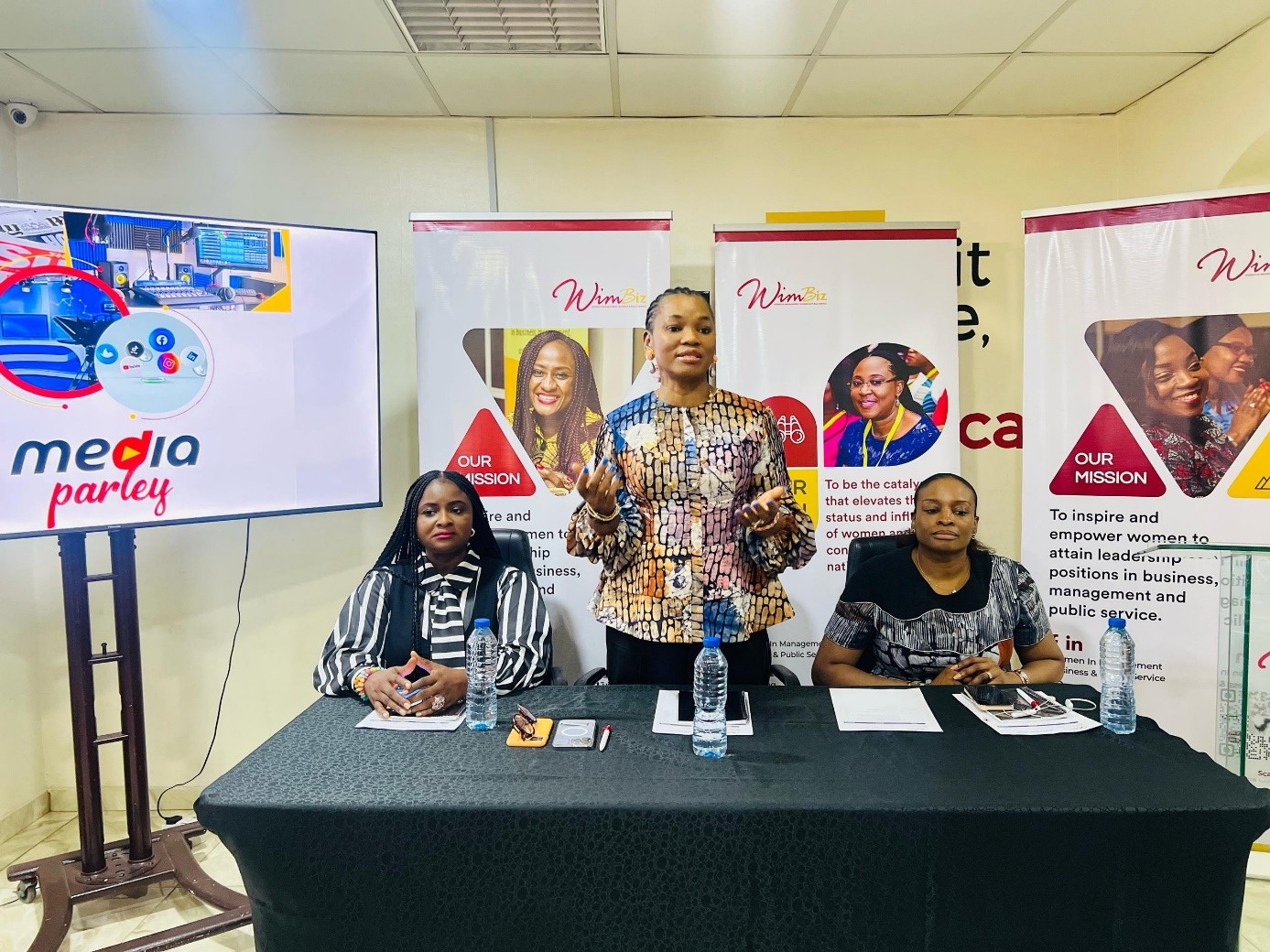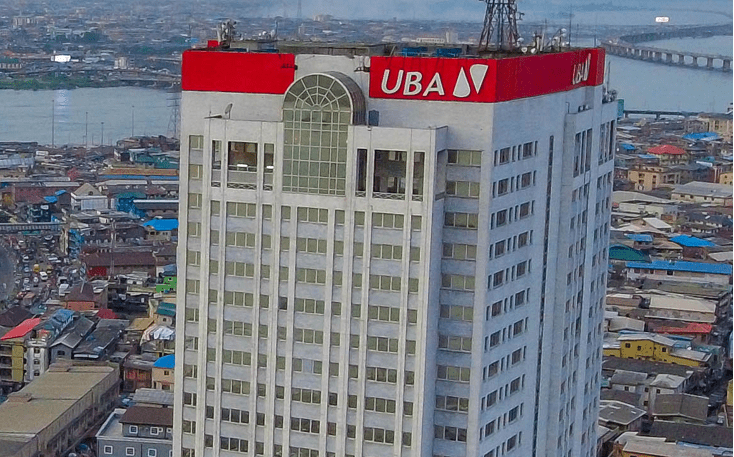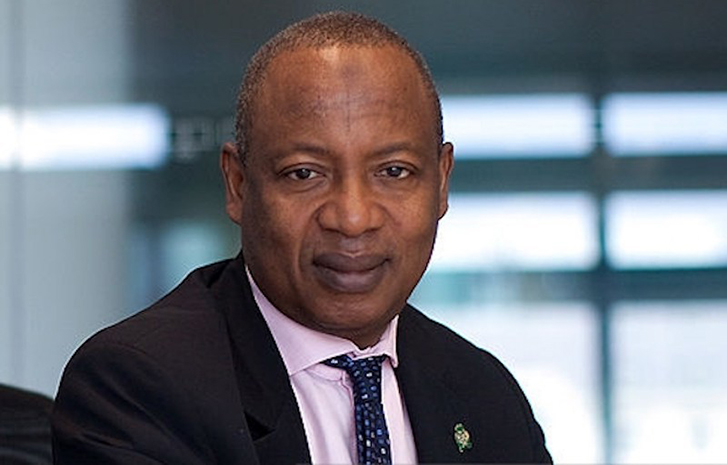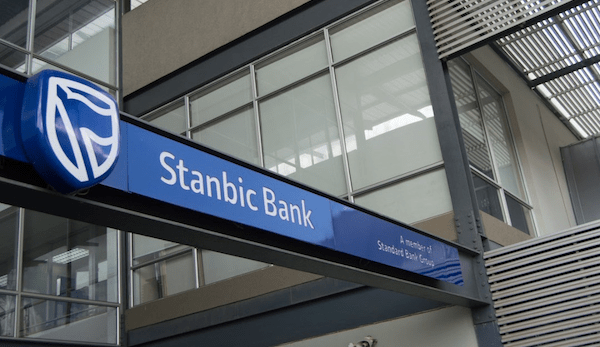•Says national assembly weak, govt’s three arms now reduced to just the executive
•Queries coastal road project, declares it lacks due process
Sunday Ehigiator
Former Rivers State Governor, Rotimi Amaechi, has again condemned President Bola Tinubu’s declaration of a state of emergency in Rivers, labelling it as not just illegal, but a “defilement of the sacredness and sanctity of the constitution.”
Amaechi also expressed concerns over the award of the coastal road construction contract, questioning the transparency of the process.
At the same time, he criticised the National Assembly (NASS), describing it as weak and ineffective, arguing that both the legislative and judicial branches of the government have been overshadowed by the executive arm, resulting in a lack of accountability in the country’s governance.
Speaking on the theme, ‘Fearless Leadership: A Panacea for Sustainable Development’, at Chapter-9 of the ‘2025 Akinjide Adeosun Foundation’s (AAF) Leadership Colloquium and Awards’, held yesterday in Lagos, Amaechi urged Nigerians to stand up to the president on leadership accountability.
“This is where governance is not by law, but by the whims and caprices of an individual leader, like the current pronouncement of an illegal and unconstitutional state of emergency in Rivers State. And I argue that the Nigerian National Assembly is very weak. What is even more alarming is that the breach in this situation is not even about the law.
“The president didn’t just break the law. He broke the Constitution. Now, this breach of the Constitution is a breach in the sacredness and sanctity of the Constitution.
“The question is, we the people of Nigeria, we agree, we swear to this. We didn’t send the president to go to the National Assembly and break the law. The president looked at the whole of Nigeria and removed an elected governor of a state and appointed a military man.
“And the country continues. What happens? So you see why you’re not looking for fearless leadership, instead, you’re looking for fearless followership.
“You’re looking for fearless followership, because where you have fearless followership, Nigerians will have reason to say, no, the president has damaged the constitution. We will not accept it.
“So the president has seen how weak you are. That’s why, after the demonstration or protest you had about good governance, he increased the price of fuel. And typically in Nigeria, we move on.
“The collaboration of the National Assembly, especially as a weak institution, makes the power of the president unchecked. Nobody checks his power. Because most of the time, he doesn’t have the power.
“So, he just assumes that power, and you leave him to go with it. It simply means that the president can lock you up by ordering a weak institution like the police to lock you up. And you will rot in hell. You will rot in hell. Nobody will say anything. You have no means of even pursuing justice.
“Good government breeds responsible government. What is a responsible government? Responsible government includes the rule of law and the separation of powers.
“So once you have a responsible government, you will have justice. The principle of accountability is essential. It’s an ingredient in responsible governance. Decision makers are held to account for decisions they’ve made.
“Accountability means you’re asking, ‘Where did you get this power from? How did you win this election? Who made you president? How did the INEC stop the election? Why did they stop the election?’ These are things you need to ask. There are things that people do here. They can’t do it in South Africa, they can’t do it in Kenya.
“You can’t because the people will ask questions. So the principle of accountability is an ingredient in a responsible government. Decision makers are held to account for decisions made. So, there cannot be a responsible government if there is no parliament. That’s what we mean by rule-making organisation.
“This is because the executive and the presidency have no rule-making abilities. They don’t have the power to make a law. The judiciary has no power to make law. That is the prerogative of the parliament. And in the case of Nigeria, it is the national assembly. In the same vein, a responsible government will require not just an independent but a valid and adjudicative judiciary.
“The absence of both institutions makes for arbitrariness. So, once you don’t have a legislature and judiciary, what do you have? Arbitrariness – whatever the president likes to do, whatever the government likes to do.
“If the minister doesn’t like you, he will lock you up and put you somewhere. That’s why I don’t go with fearless leadership. Where you have the structure, you have the system flowing.
“So, I say the absence of both institutions makes for arbitrariness, and places too much power in the hands of the executive, who controls the power of the parliament and not of the judiciary.
“In the absence of these two organs, the executive becomes the legislature and the judiciary. And that’s what’s happening now in Nigeria. There is no other arm of government. There is just one arm of government. The president sneezes and everyone shakes.”
Dwelling further on the coastal road project, Amaechi said, “Due process is following the process of laying down requirements of the law in governance. That’s what due process is. Due process simply means follow the law, follow the process, and follow the requirements of the law.
“Due process works hand in glove with the rule of law. The rule of law requires due process and standards. Standards and processes share the same purpose.
“The reason for this is to eliminate arbitrariness. The implication is that government’s decisions are meant to be the product of due process and indicated by law. So you ask if the stories being said about the coastal road are true.
“What process did it undergo? How did the government arrive at the cost? Who chose the contractor? Who is the contractor? This is what scholars refer to as arbitrariness. So, I sit down as Governor of River State, and I award you a contract of $15 billion without passing any process.
“But like I said, if what the rumour mills are saying is true, then all that process is arbitrariness. Arbitrariness is antithetical to the rule of law. Arbitrariness lacks due process and is a by-product of concentrating too much power in an individual.”

